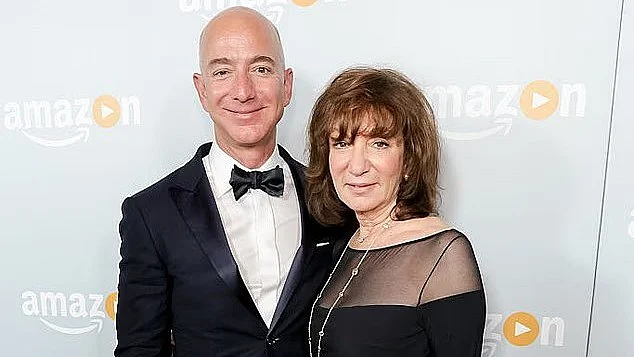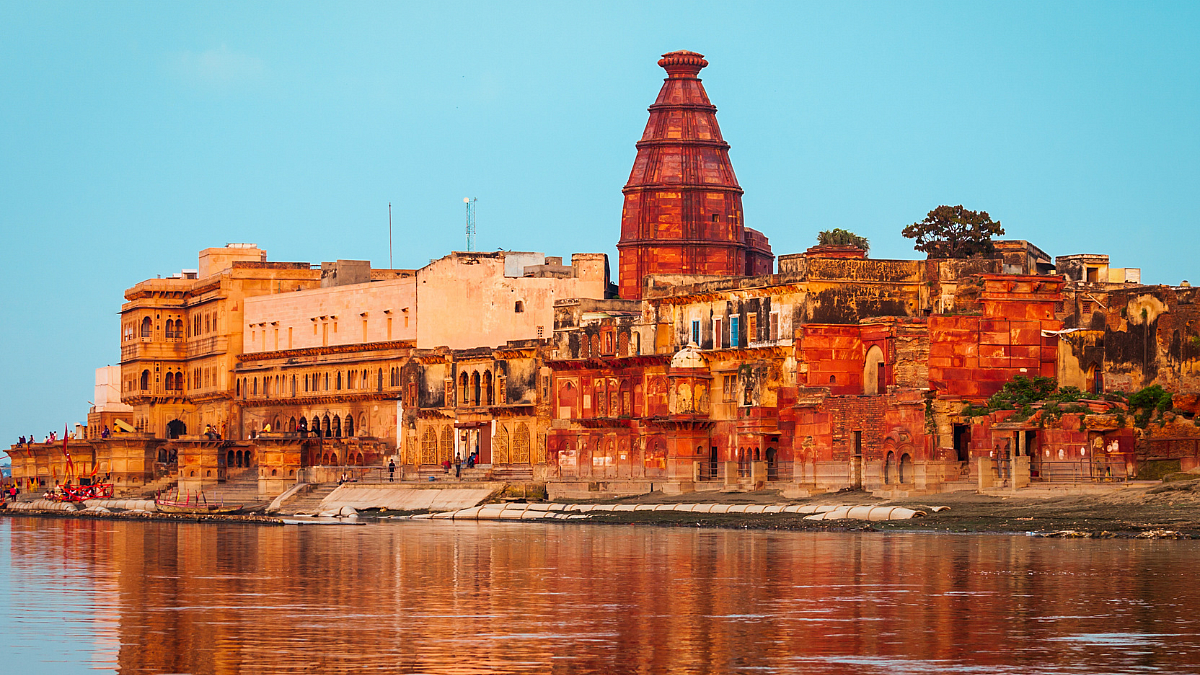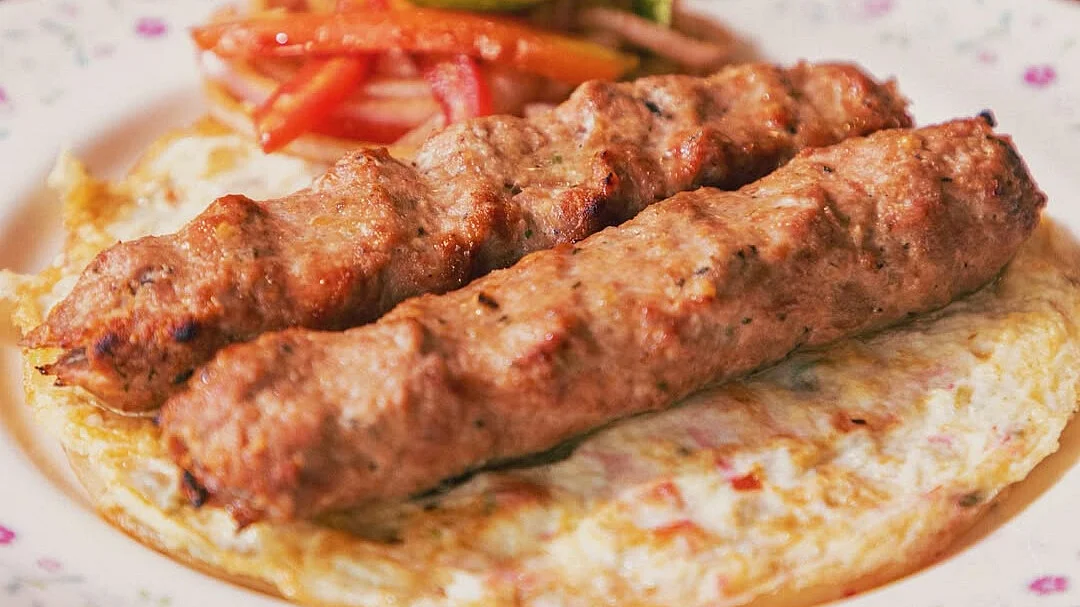Late last month, the UK and India shook hands on the ‘India-UK Vision 2035’, India-UK Comprehensive Economic and Trade Agreement (CETA), a future-focused agreement setting a target to more than double India-UK bilateral annual trade by 2030 from the current $56 billion. The key highlights of the FTA include tariff-free access on 99% of Indian exports to the UK, covering nearly 100% of the trade, including labour-intensive sectors, advancing the ‘Make in India’ initiative, and opening new opportunities for luxury sectors on both sides.
UK luxury gains in India
The biggest beneficiaries of the FTA will be India’s luxury auto sector, imported spirits, beauty and fashion. British luxury automobile brands such as Rolls-Royce, Bentley, Aston Martin and Jaguar Land Rover will see only a 10% duty under a quota system, which is a whopping deduction from the previous taxation of over 100–125% as completely built units. The lower duties are expected to make these vehicles more affordable for Indian buyers.

Artist
A spokesperson for JLR said: “We welcome this free trade agreement between the UK and India, which over time will deliver reduced tariff access to the Indian car market for JLR's luxury vehicles. India is an important market for our British-built products and represents significant future growth opportunities.” While the company is yet to decide its pricing decisions based on this development, industry experts foresee as much as 50% deduction in cost to the consumer.
Duties on spirits of the UK, such as whiskies and gins have been slashed from 150% to 75% Praveen Someshwar, MD & CEO, Diageo India said: “We laud the Indian and British governments for formalising this historic treaty which will boost bilateral trade and positively impact the accessibility of premium Scotch whisky in India, reigniting growth and increased choice for Indian consumers.” Similar exemptions have been made for UK exports of chocolate, biscuits, soft drinks and premium meat. The average tariff on UK imports will drop from 15% to just 3% enabling popular British brands to become more competitively priced in the future.
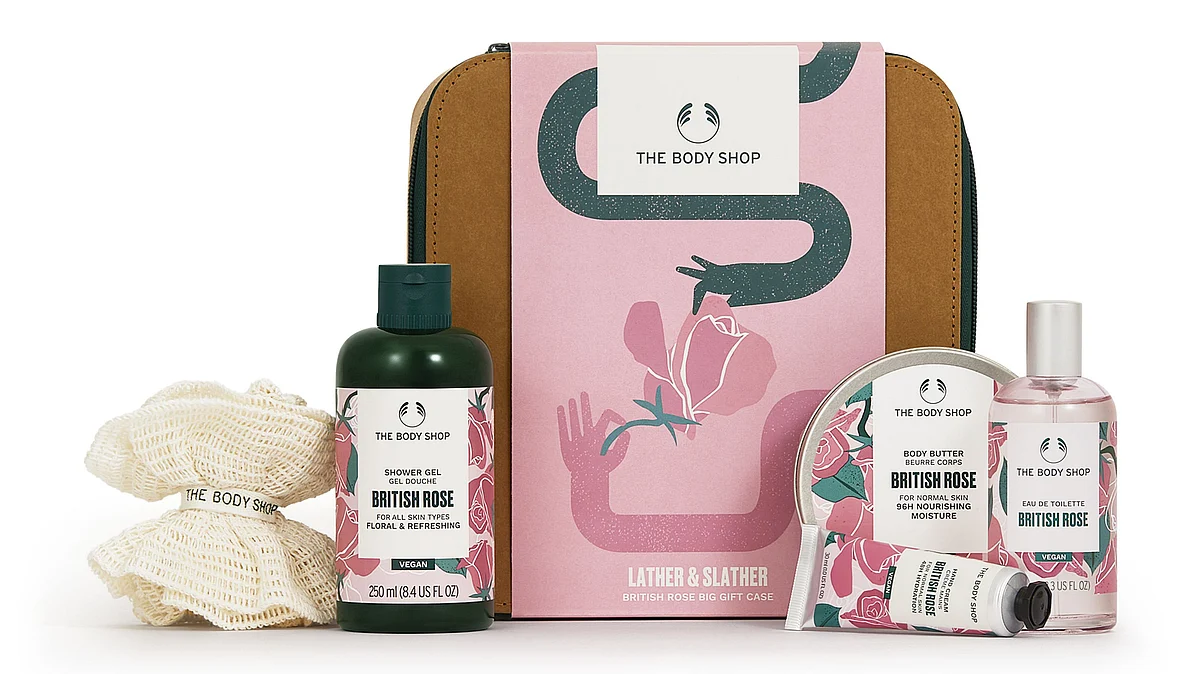
The Body Shop British Rose gift case |
“More than the impact on price, what is really exciting is that Indian consumers will, in the months and years ahead, have great options to choose from by way of a much broader range of UK luxury goods in terms of both variety and exclusivity. The time gap between a product launch in the UK and ‘go to market’ in India will be considerably shortened or, in some cases, even eliminated, enabling consumers here to have access to luxury releases at the same time as global launch dates. I can forsee increased number of UK brands bringing customer experience boutiques and the likes to India to tap into the country’s expanding luxury market,” shared Rekha Menon, General Manager, British Business Promotion Association.
Indian exports in the spotlight
For India, the agreement boosts exposure of homegrown luxury brands to a key global market. Labour-intensive sectors such as textiles, garments, footwear, marine products, toys, leather, sports goods, and gems and jewellery are expected to benefit enormously. With near-total tariff elimination, textile and clothing exports are expected to double sales to the UK, and sharpen India’s edge against competitors like Bangladesh and Vietnam.
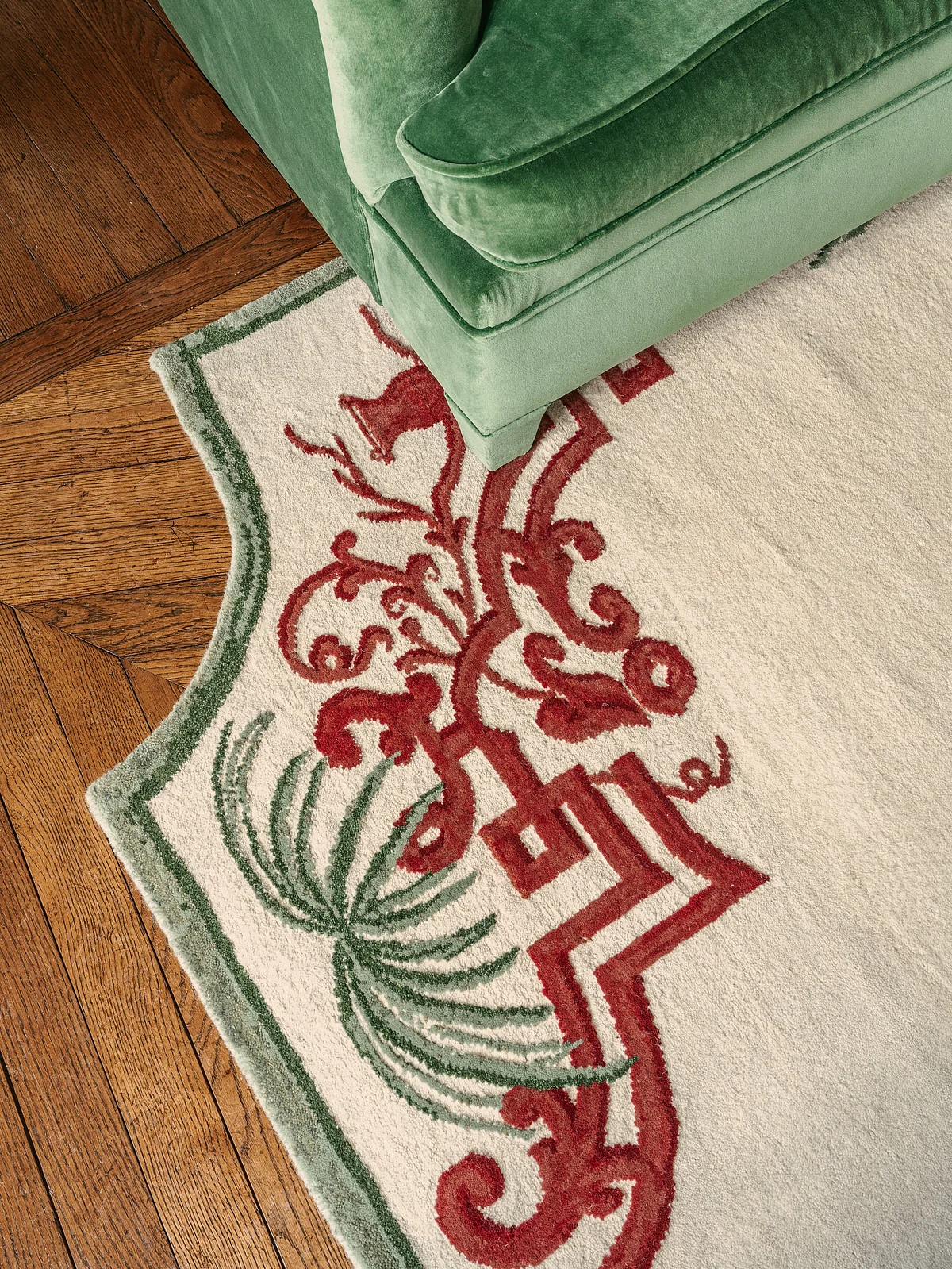
Jaipur Rugs’ Invisible Collection created in collaboration with Tatiana deNicolay | Pic: Rodrigo Rize
The wealth of Indian craftsmanship and innovation that is true luxury will find bigger takers. Yogesh Chaudhary, Director, Jaipur Rugs said, “The FTA reinforces our confidence in investing more deeply in the region, knowing that there will be greater ease of doing business and more opportunities for cultural exchange. Our approach in the UK will remain rooted in authenticity, showcasing our rugs not just as décor, but as handwoven stories created by artisans in rural India. By highlighting the human connection and timeless techniques behind each piece, we aim to resonate with British consumers who value luxury with meaning.” The luxury maker opened their first showroom in London last year.
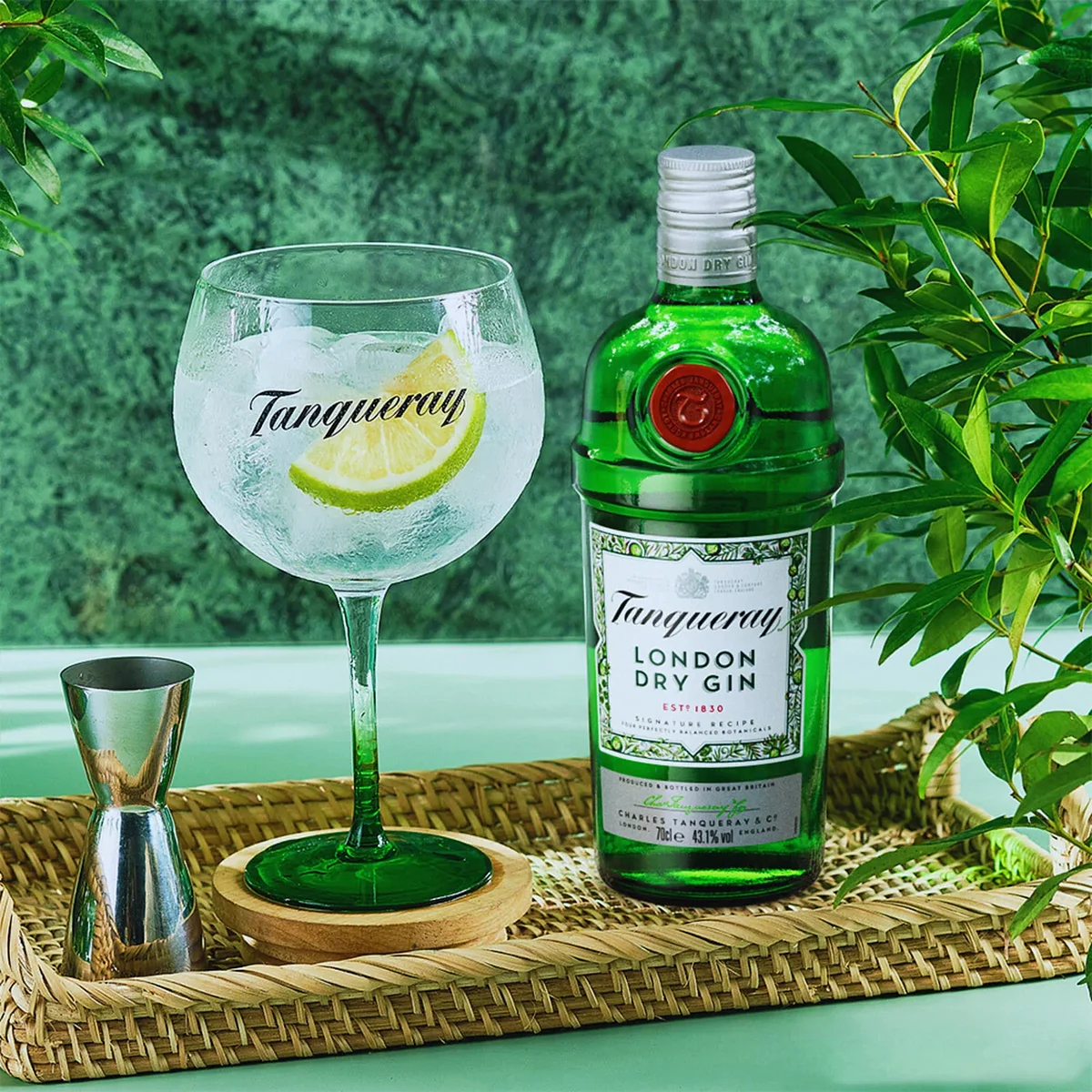
Tanqueray London Dry Gin | Pic: Diageo India
Pointing to wider benefits, Menon adds, “The rules-based framework of the trade agreement gives companies on both sides the confidence to commit capital, expand operations, and form joint ventures. Besides, increased trade and investment between the two nations create jobs in both countries and facilitate the exploration of sectoral synergies, while also encouraging cross-border talent mobility and training.”
The deal comes at a critical time for the UK, seeking fresh partnerships post-Brexit, and for India, which has signed similar agreements- EFTA Trade and Economic Partnership Agreement- with member nations of comprising Switzerland, Iceland, Norway and Liechtenstein. By opening doors to high-value markets, the India-UK pact strengthens India’s economic positioning, reduces reliance on a single nation and enhances its soft power globally.







